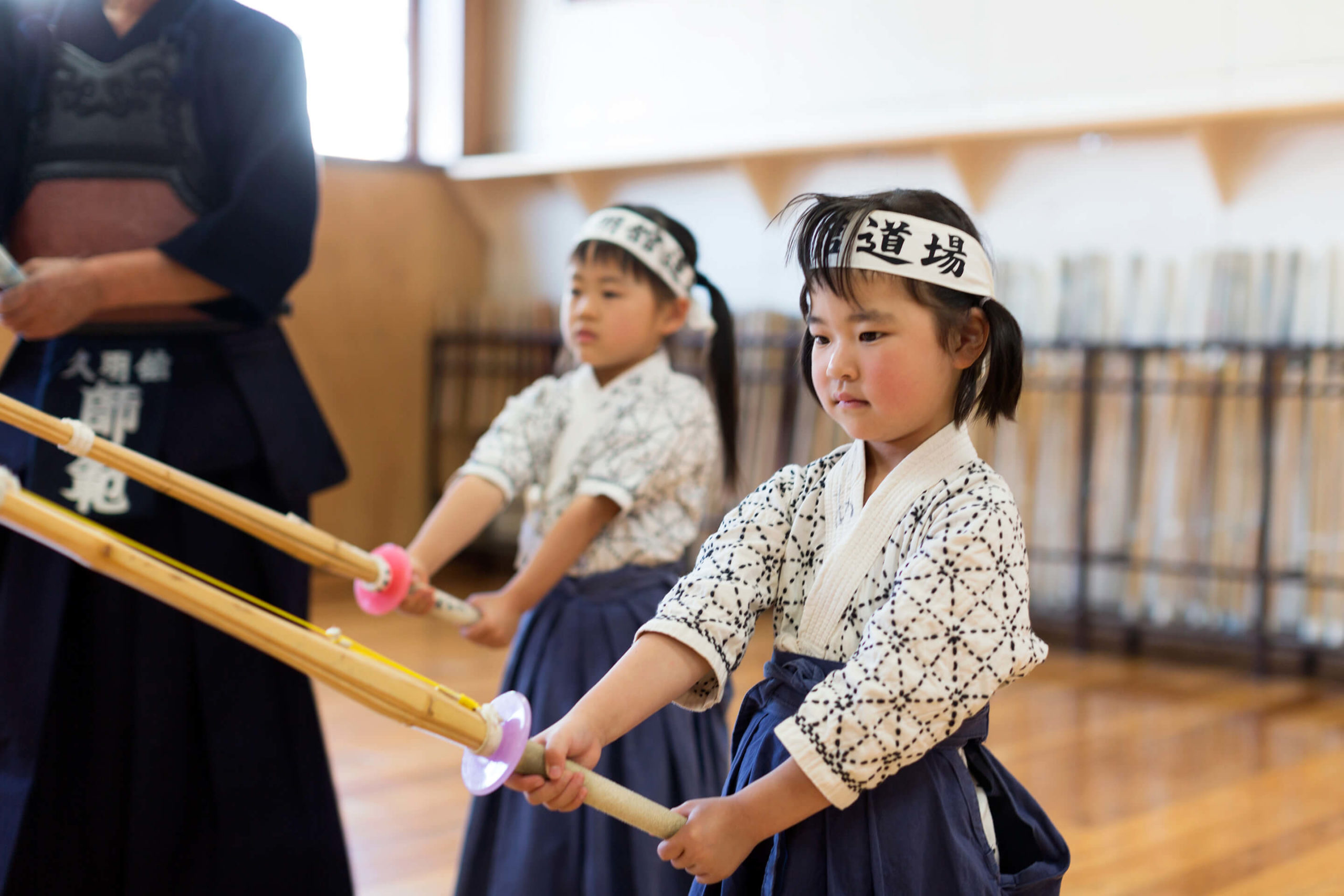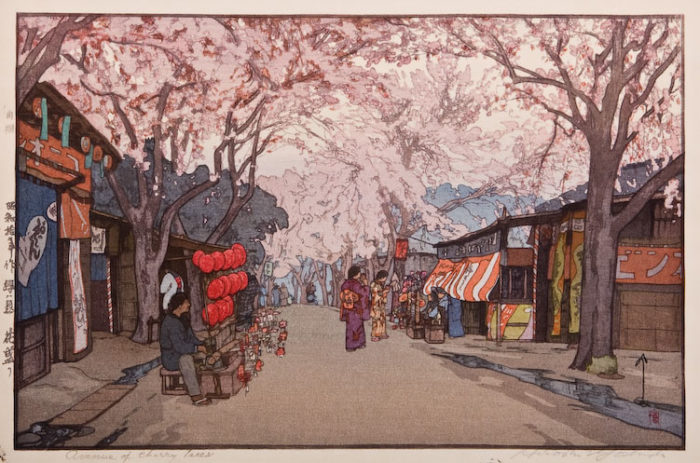
Japan is usually presented as a highly process-oriented society. One example of this is the emphasis given to kata, form or way of doing something in Japanese martial arts, over the actual result. Martial arts training consists of repeating the same action over and over again until a desired body position and movement is achieved and has become second nature to the practitioner.
I have bitter memories of the weekly kanji tests I used to fail when I went to Japanese elementary school. I thought the characters I wrote looked the way they were supposed to, but the teacher would mark them as incorrect; somehow she knew I had drawn the strokes in the wrong order. There is one, and only one, right way of doing things in many areas of Japanese society.
Maybe this is why a Japanese acquaintance said that when he alights at Heathrow Airport, he breathes a sigh of relief that he is now in a country where he can relax. He was replying to a comment I had made that when I reach Narita International Airport, I breathe a sigh of relief knowing that I am now in a country where everything works.
Many British working for Japanese companies, while recognizing the attention to detail and highly disciplined work ethic of their Japanese colleagues, also complain that Japanese are often less respecting of British rules and processes. When I ask for more details of the situations in which British rules or processes are bypassed, it usually turns out that a customer or someone else inside the company has asked for an exception to be made. Deadlines that were supposedly set in stone suddenly become flexible.
As the customer is not just king in Japan but “god,” it is easy to understand why rules are easily broken for customers, but the exceptions made for colleagues are less excusable in the eyes of many British people. The British sense of fairness kicks in, and any attempt to ignore rules governing the treatment of people is seen as unfair or evidence of favoritism.
British people regularly flaunt work-related rules or crash processes, however – whether it be in customer service or on the factory floor – if they think the result is the same, or, less admirably, if it makes life easier and they can get away with it. They do not unquestioningly obey rules and processes the way Japanese workers are taught to.
One British manager with Japanese subordinates told me how delighted he was with his Japanese team. “You tell them, just once, about a process that needs to be done each day and they will do it, exactly how you told them, without fail,” he said. “There’s no need to check up on them all the time. In fact, I even forgot to tell them not to do it any more when it was no longer necessary and, of course, discovered they were still doing it months later.”
With his British team members, he not only has to regularly check that processes are being implemented but must ensure that the way he checks, and any ensuing discipline or reward dished out, is seen as transparent and fair.
This article originally appeared in The Nikkei Weekly.
Related articles
Too early for cherry blossoms!
Japan’s cherry blossom season is peaking at the earliest time since records began over 1,200 y
Situational Leadership for Japanese managers
One of the issues that Japanese people who come to work in Europe find most challenging is the multi
Why are the Japanese and British less productive than the Dutch?
Motivation, evaluation and efficiency





